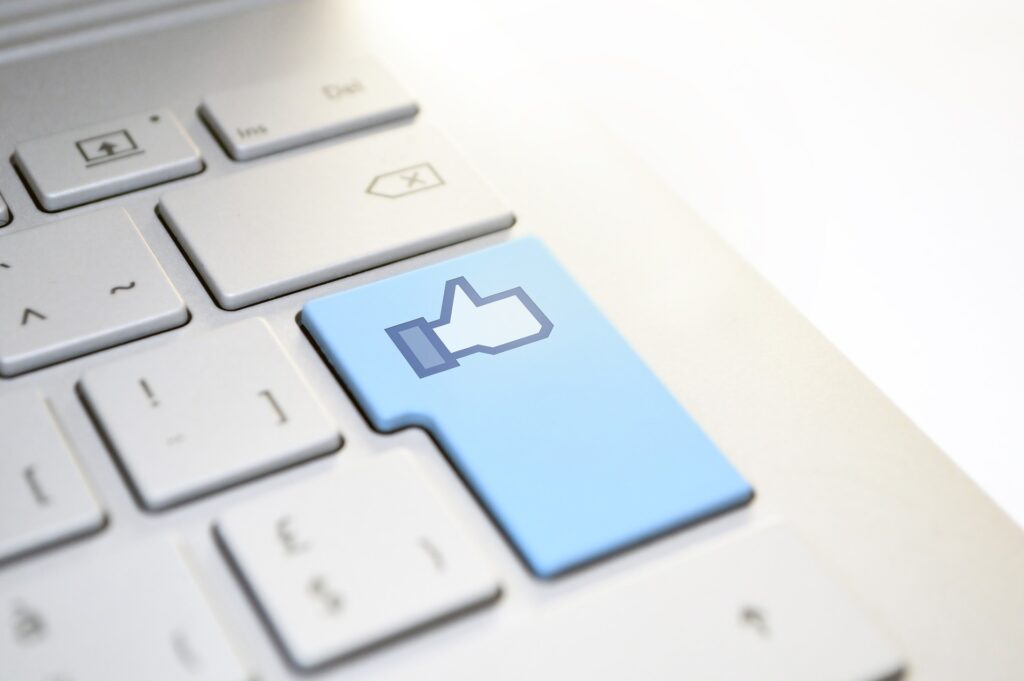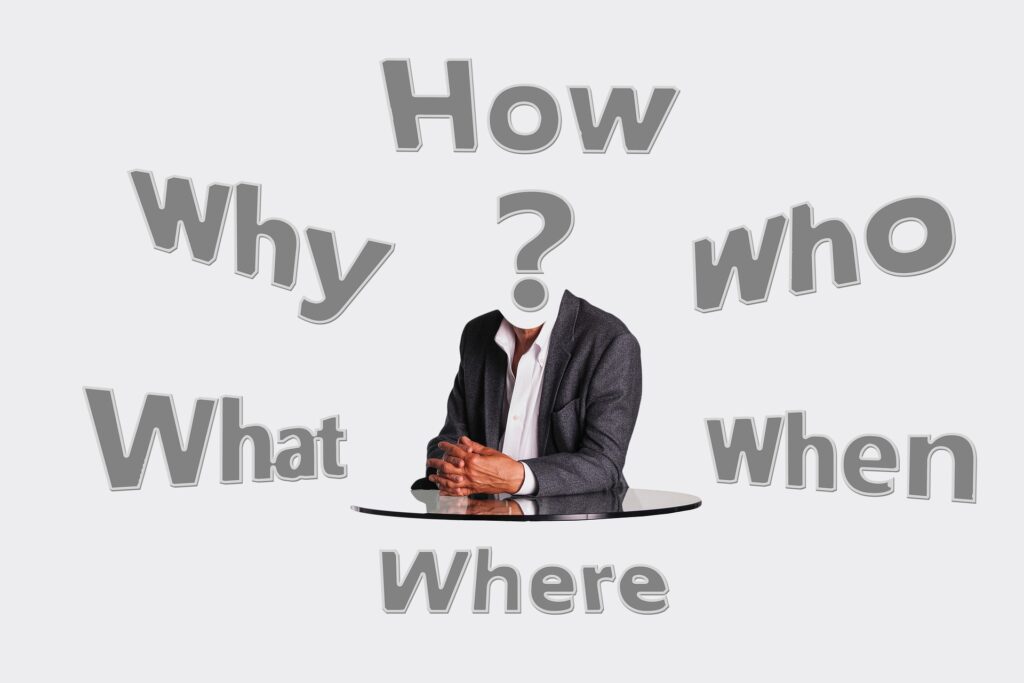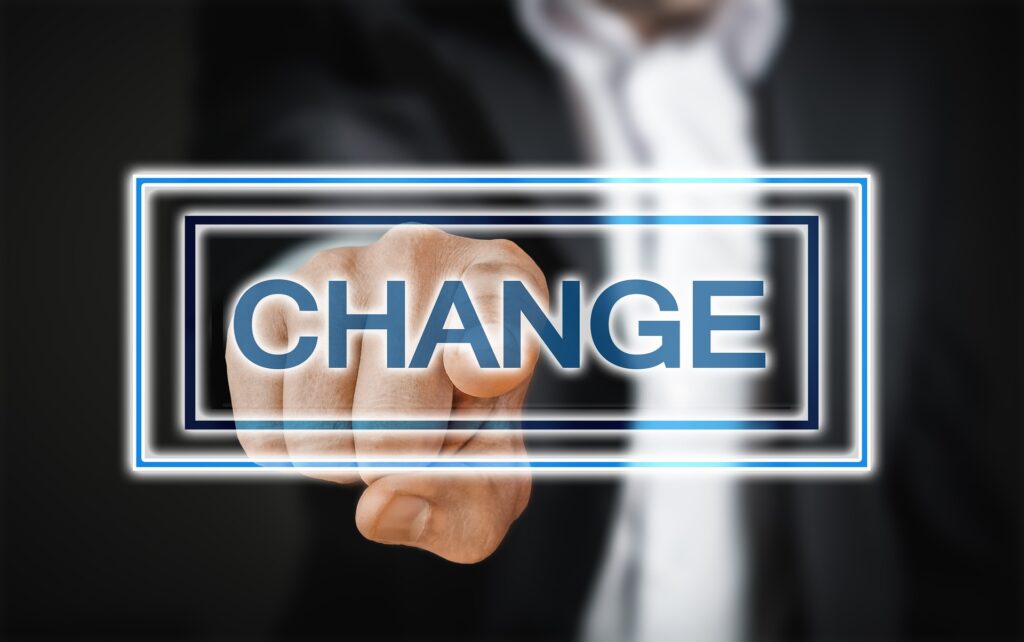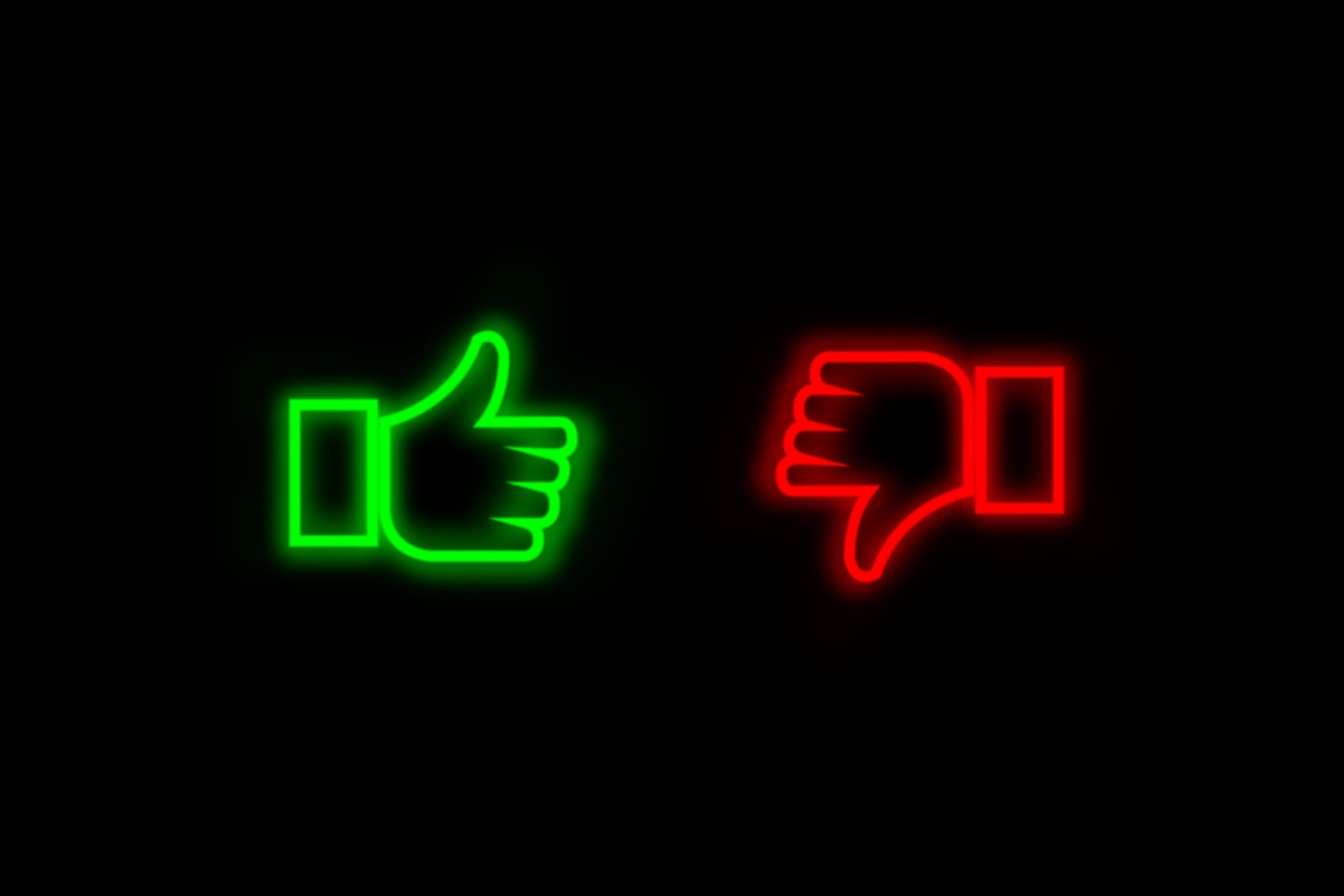We are living in the Influencer era, at a time when all of us follow some people on our social platforms (yes, all of us. Don’t exclude yourself). We follow them to get life guides, cooking tips, laughing, and so on. Like every other new phenomenon, Following and getting followers was also heavily criticized by many people including some public intellectuals and politicians. Are the criticisms valid? Or is just another “it is bad because it is new” thing?
I think both aspects are valid to some extent. There are some stupid influencers out there who invite people to do stupid or sometimes dangerous stuff. However, there are many contents out there produced by good influencers that are just great. I think like every other phenomenon, we have good influencers and bad ones. In the same way, we have good doctors and bad ones. Or good teachers and bad ones.

The whole concept of following an ordinary person is very new. In the past, the only groups of people who were absorbing other people’s attention were politicians and public intellectuals who had access to mass media such as newspapers and Radio. But the Internet changed everything. The Internet gave voice to voiceless people. People who had no chance to express themselves or their work now have a super easy access medium (In most parts of the World) that they can use to spread their message. That is the reason I, like many others, think that the Internet is a democratic invention. Maybe the most important one. I believe this is the reason some public intellectuals do not like the Internet because the Internet questions their authority and influence on people.
On the other hand, I also think the issue of bad influencers is essential and needs to be addressed (No, censorship is not the solution!). It is worth mentioning that by influencers I do not mean only non-famous people who got famous via the Internet. I mean everybody who uses the platform to influence people such as celebrities, politicians, and also scientists. The influencers have strong power in any society. They can shape people’s behavior, culture, political opinion, health, and you name it! So, of course, a couple of bad influencers can do big damage to every society. So the question is what should we do? (Again, NO, censorship is not the solution!) Does the era of the influencers, as some public intellectuals claim, is the end of humanity by making everybody stupid?
Following the Work instead of the Person

You go to a restaurant to have dinner with your family or friends. The food is just great. You decide to come back here at least once per month or even a week to have their delicious food. What did you like here? The food or the Chef?
I am sure many of us answer that we love the food and also like the Chef because of making this food. Fair enough. But now imagine you have a chat with that Chef and he/she tells you “I think we should not drink water more than a glass a day!”
What would be your reaction? Will you accept Chef’s opinion about water drinking just because he is a good Chef?
The situation I mentioned may sound absurd and plain. In a way, you say “No, of course, human needs more water per day!” This is right. Just because he is a good Chef does not mean he is right about everything!
This is one of the key points in dealing with online influencers: Follow the work, not the person. We love Chef’s work. Who he/she is in real life should be irrelevant. The Chef may think the earth is flat. Should we say yes because he is a good cook?
Following the work instead of a person also helps us to criticize them easier. This is because criticizing a person’s work does not make it personal (in most cases). Therefore, we will not fall into the Cult trap. (dividing into lovers/haters of a person).
The proof for this approach is science. When you are a student and writing a paper, one of the main things you need to do is to find the research gap by criticizing the previous works in that area. You do not criticize the person who wrote the paper. Also, you do not accept a person’s work just because he/she is a well-known person in that field. You are dealing with a paper not the person behind it.
So next time an influencer who gives you some good hairstyle or gym tips advises you to do something, just ask “Is this advice correct? Regardless of who said it.”
Context, Context, Context

As the famous philosopher, Derrida, said: there is no meaning out of context. Derrida believed that each text (writings, movies, songs, etc) in human history can be understood by their relations to other signs or in other words, context.
I think paying attention to context is very important when dealing with influencers. The context exists in two dimensions: the influencer himself/herself, and the idea. The context regarding the person who is an influencer is easy to understand and I mentioned it in the previous section. For example, If a person is a good Chef, does it mean his/her opinion is valid also for human health and policy making? The tricky part is the context of Ideas.
“He is a good person”. A pretty straightforward statement that we all understand. But do we? The mentioned sentence is very vague. For instance, I can ask: good in what? Is the person good with his neighbors? Is he a good worker? Is he a good parent? In other words, he is good in what context?
So we can see that even this simple sentence has no meaning outside its context. We face this context-free situation in online platforms and also political debates a lot. For example, She is a good policymaker because she is good with children. The context of “being a policymaker” is utterly different from the context of “children treatment”. So just because the person is good in context A, does mean she is also good in context B unless context A and B have a causation relation.
As the last example, let’s consider this statement that is believed by many: Carbohydrates are bad. Again here we can ask some questions about its context. Bad for who? Is it bad for weight loss? What if I want to just lose a little weight? What if I do not want to lose weight? Is it still bad? What if I want to gain weight? Bad in what context?
So next time an influencer says something, we can try to question the context of the statement.
New Technology and Its Culture

When a new technology comes into our lives, it always takes some time for people to understand the correct culture of using it. I think this culture cannot be created only by force of regulation. The reason is, we do not have a laboratory or simulation software that can be used to test cultural changes made by new technology. Therefore, the only way we have is to adopt the technology and wait for the right culture by trial and error.
Let’s consider cars. For more than a century we have had them. It took many trials and errors for learning how can we drive more securely. For instance, there was a time that only the driver had an airbag(!) and the seat belt was not mandatory to fasten. But eventually, we understood and applied them. Same story for cellphones. There was a time that we could drive and speak on the phone. There was a time we could smoke in planes and buses(!!) But we got them right in the end. So I think we eventually also find the right culture for using social media. It just needs a bit of patience.
It is new, and there are always some people out there who are afraid of anything new (sometimes they are right of course).
In the end, did I already mention “No, censorship is not the solution”?
The End.

